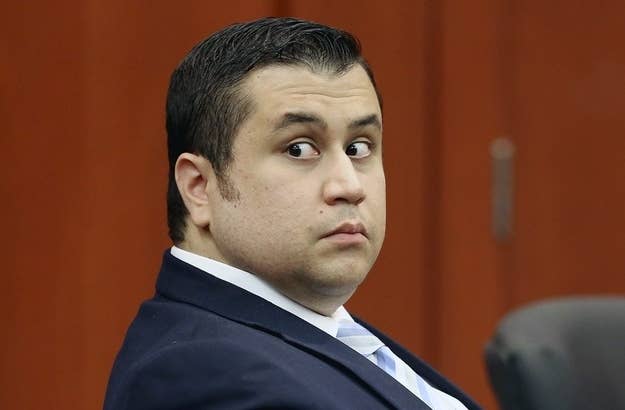
The Sanford Police Department is changing the rules on how residents under the neighborhood watch program operate to prevent another shooting of an unarmed civilian like Trayvon Martin, reported Reuters.
The new rules, laid out in a more detailed handbook to be released on Nov. 5, explicitly state that neighborhood watch volunteers may not carry a firearm or pursue a person they deem suspicious. Any member who violates the rules and carries a weapon will be removed from the program but not charged with a crime.
Cecil Smith, Sanford police chief, told the Associated Press, "We just don't see the need for anybody to be armed" because watch volunteers should be talking to each and neighbors about community happenings.
The new rules are an effort to revive the program's reputation after George Zimmerman, a neighborhood watch leader in Sanford, shot and killed unarmed 17-year-old high school student Trayvon Martin in February 2012. The prosecution accused Zimmerman of racially profiling Martin and then pursuing, confronting, and shooting him. However, Zimmerman was acquitted by the jury in light of Florida's Stand Your Ground law.
Shannon Cordingly, spokesperson of the Sanford Police Department, told Reuters:
"People in the community are nervous to join a group (neighborhood watch) that was tarnished in the media and got a bad image with everything that happened. We really want to put those fears to rest and get the community going on the program."

Zimmerman was offered a handbook and a presentation by a police volunteer on the role of neighborhood watch groups in preventing crime, when he organized one for his gated community in 2011. Under the previous watch program there were no written rules on leaders and volunteers carrying weapons, Smith told the Associated Press.
Now the neighborhood watch groups will have to work closely with the police department. Under the new rules, such groups will have to undergo training, register members with the police, and regularly update their status with the department, Cordingly told Reuters.
She also said, "Neighborhood watch was always intended to be a program where you observe what is going on and report it to police. In light of everything that has gone on, that's what we're really going to go back and push. That's what this program is and that's all it is."
